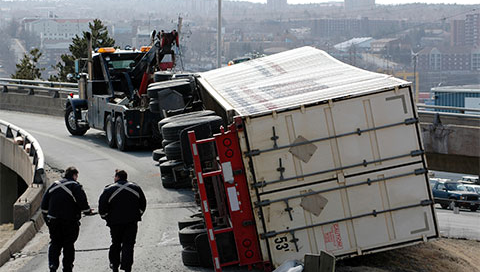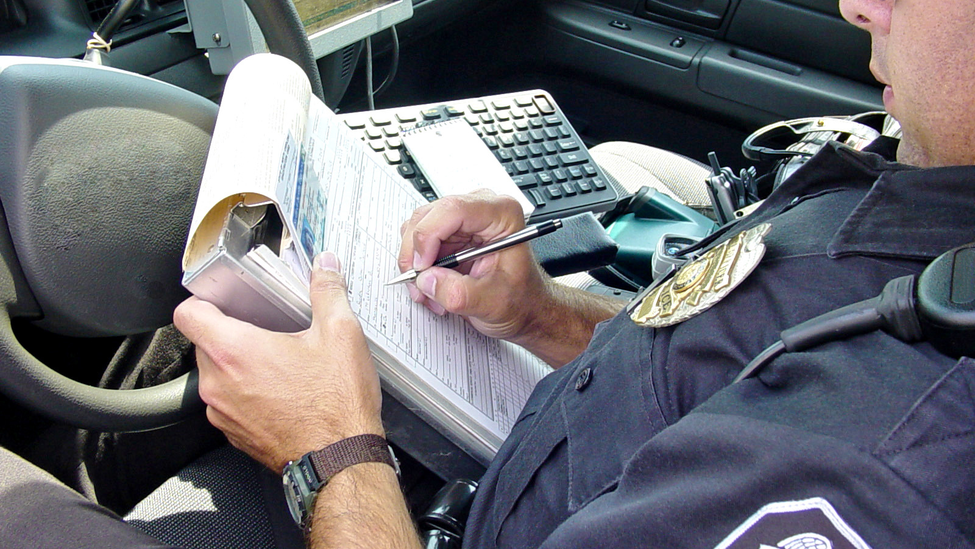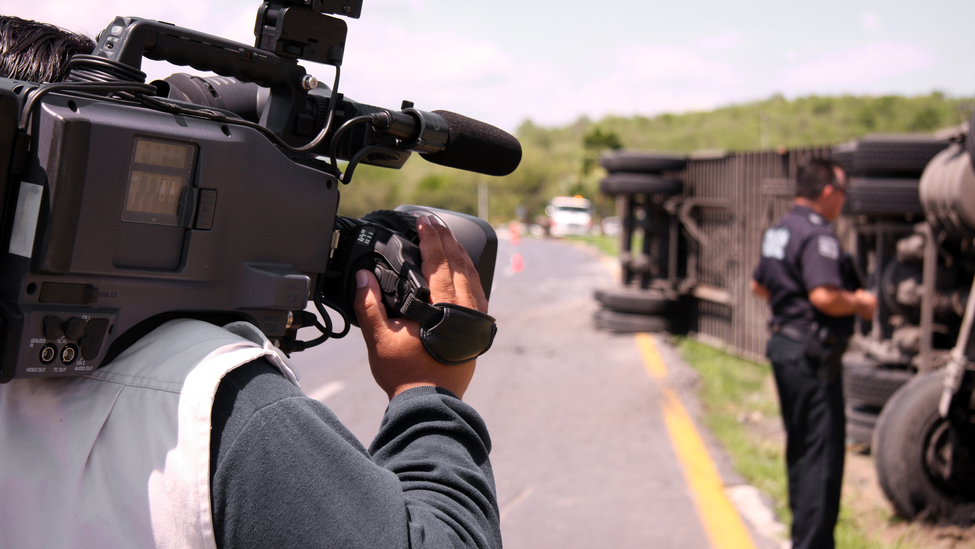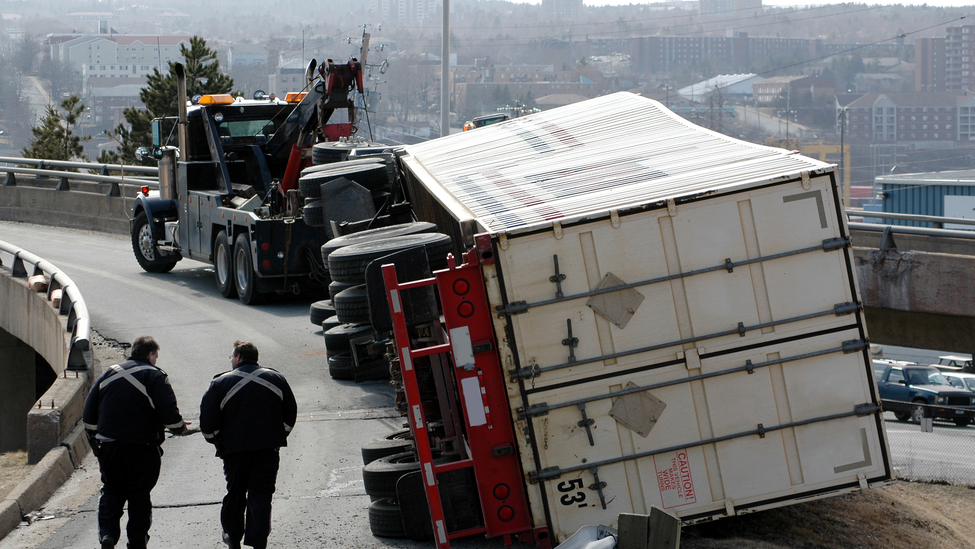Towing Pitfalls to Avoid After a Crash


With the commotion and stress that often follows a crash, it’s no wonder that managing how and where a vehicle is towed can be a low priority. But if the recovery and towing process is not managed well, it can lead to higher claim costs and other problems that can keep you from getting back on the road. Here are steps you can take to help avoid some of the most common towing pitfalls.
If you’ve been involved in an accident, call Northland Insurance at (800) 328-5972 as soon as possible, ideally from the accident scene. The sooner we are aware of the loss, the sooner we can investigate the accident and, if needed, send an adjuster to the scene to witness the recovery. We can also help you locate a reputable towing resource in the area that can work to recover your equipment and cargo, if needed.
Contact a reputable towing company. Many states have towing and recovery associations that promote fairness and ethical practices as well as tow operator training. Contact the towing associations in the areas you travel and compile a list of member towing companies. Keep this list available in case you need towing and recovery assistance.
Have a plan, and stick to it. Do not let another towing company that arrives at the scene convince you to let it handle your recovery. If you have already contacted a towing company, stick to your plan. If you don’t, you could be charged by two towing companies.
Communicate with law enforcement. Law enforcement officials generally ask if you have contacted a towing company. As long as they know a towing company is on its way, they won’t call another tower.
If possible, remain at the scene to document what equipment is used and how many workers are at the scene. Take photos of the recovery work to help verify later that towing charges reflect the actual work performed.
Read all documents carefully before signing. Some towing contracts contain language that gives the towing company added leverage if there is a dispute over towing charges later.
Determine where your equipment will be towed. If possible, specify in advance where your vehicle should be towed. The towing company’s property or an impound lot may not be a good location, since storage fees are often applied. It could also be hard to get your vehicle until all towing and storage charges are paid in full, even if they are unreasonable.
Follow up if there are problems. If you have complaints about the work performed or the towing charges billed, there are a couple of options. Contact the law enforcement department that responded at the scene. It has been our experience that most of these officers want to know about problems. If they receive complaints about a towing company’s services, they may be less likely to recommend the company to others. If the towing company is a member of a state or national towing association, contact the association to find out if there is a process for registering and investigating complaints.
Doc#: LCT760



